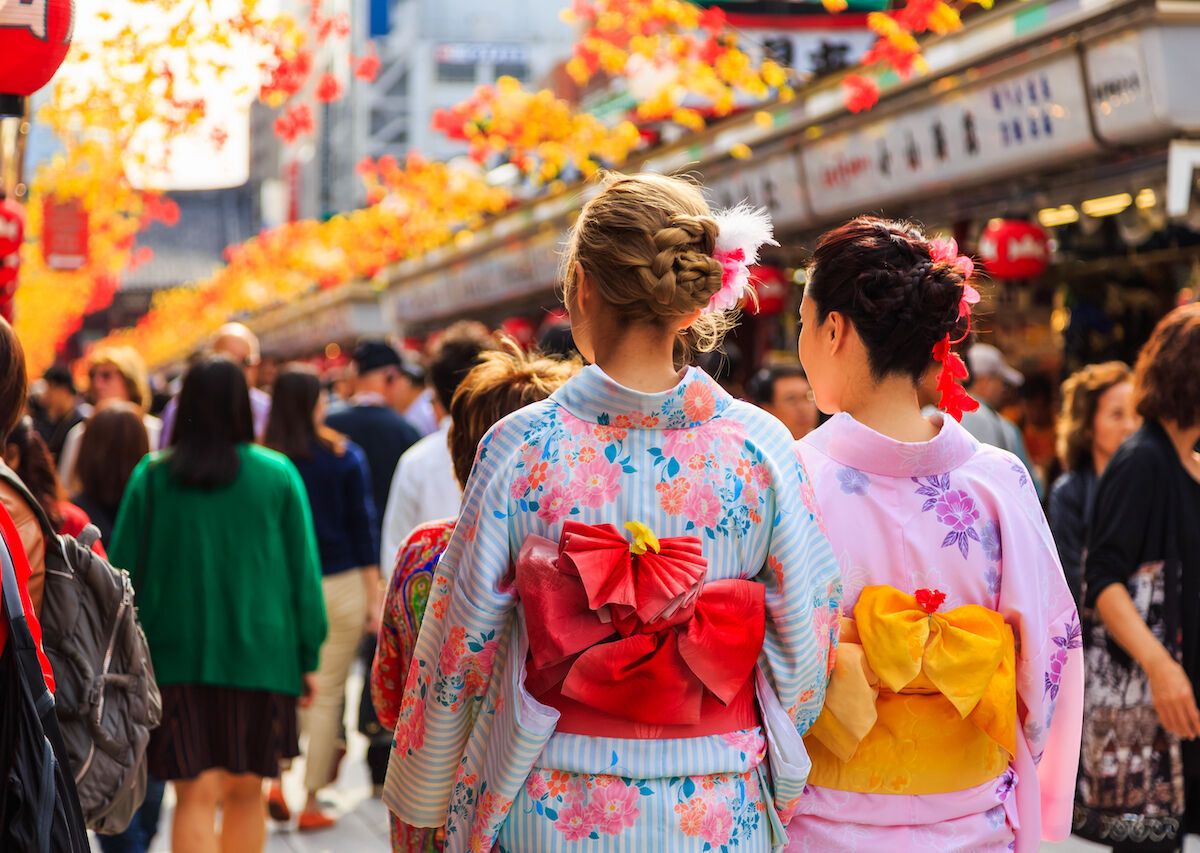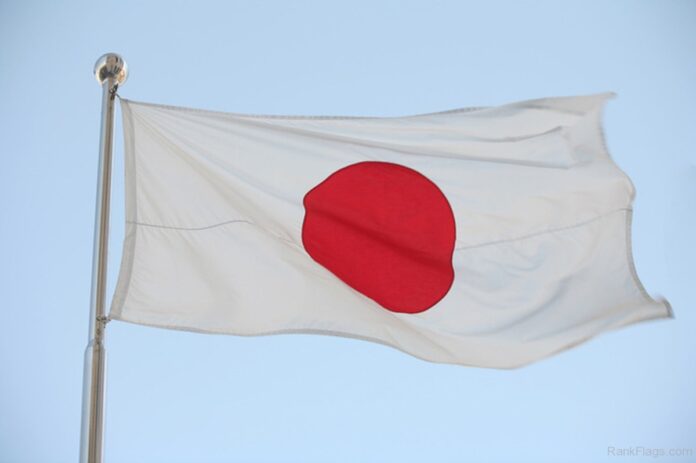Japan is renowned for its long-life expectancy and high quality of life, which can be attributed to various healthy habits deeply rooted in Japanese culture. These practices support not only physical health but also mental and emotional well-being. Here are six key habits from Japan that can enhance your life:
 1. Practice Mindful Eating: In Japan, eating is a mindful experience. Meals are often enjoyed slowly, with attention given to savoring each bite. This encourages a deeper appreciation of food and helps prevent overeating.
1. Practice Mindful Eating: In Japan, eating is a mindful experience. Meals are often enjoyed slowly, with attention given to savoring each bite. This encourages a deeper appreciation of food and helps prevent overeating.
– Smaller Portions: Japanese meals typically come in smaller portions, promoting balance and moderation.
– Gratitude for Food: Before eating, many Japanese people say “Itadakimasu,” expressing gratitude for their meal, which fosters mindfulness around food.
2. Embrace Daily Physical Activity: Physical movement is naturally woven into daily routines. Many people walk or cycle to work, and outdoor activities such as hiking and gardening are popular.
– Active Commuting: Walking or cycling to work is common, and public transit hubs often encourage more daily movement.
– Love for Nature: Many Japanese enjoy outdoor activities like hiking and traditional martial arts, promoting both fitness and mental clarity.
3. Prioritize Bathing Rituals: Bathing is more than hygiene in Japan; it’s a way to relax and detoxify. The ofuro, or traditional Japanese bath, is valued for its calming effects.
– Hot Baths: Soaking in hot water improves circulation, relieves stress, and encourages better sleep.
– Onsen Experience: Japan’s natural hot springs, known as onsen, offer a serene environment to unwind and rejuvenate.
4. Incorporate Green Tea: Green tea (ocha) is a daily staple in Japan, known for its health benefits and calming effects.
– Antioxidants: Rich in catechins, green tea helps combat free radicals, reducing the risk of chronic diseases.
– Mindful Ritual: The process of preparing and drinking green tea is often a mindful practice that promotes relaxation.

5. Engage in Lifelong Learning: The Japanese philosophy of “Kaizen,” or continuous improvement, encourages lifelong learning, keeping the mind sharp and active.
– Pursuing Hobbies: People of all ages engage in new hobbies or skills, such as learning languages or traditional arts, fostering mental growth.
– Cultural Practices: Participation in traditional activities like tea ceremonies and calligraphy preserves cultural heritage while providing personal fulfilment.
6. Foster Strong Social Connections: Japanese society values community and family ties, which are essential for emotional well-being.
– Intergenerational Living: Many families live with or near elderly relatives, strengthening family bonds and ensuring elder care.
– Community Engagement: Participation in festivals, neighborhood associations, and volunteering fosters a sense of belonging and collective support.
Incorporating these healthy habits from Japan into your daily routine can lead to a more balanced, fulfilling, and healthier life. Whether it’s mindful eating, staying active, or building strong social connections, these practices provide valuable insights into living well.

